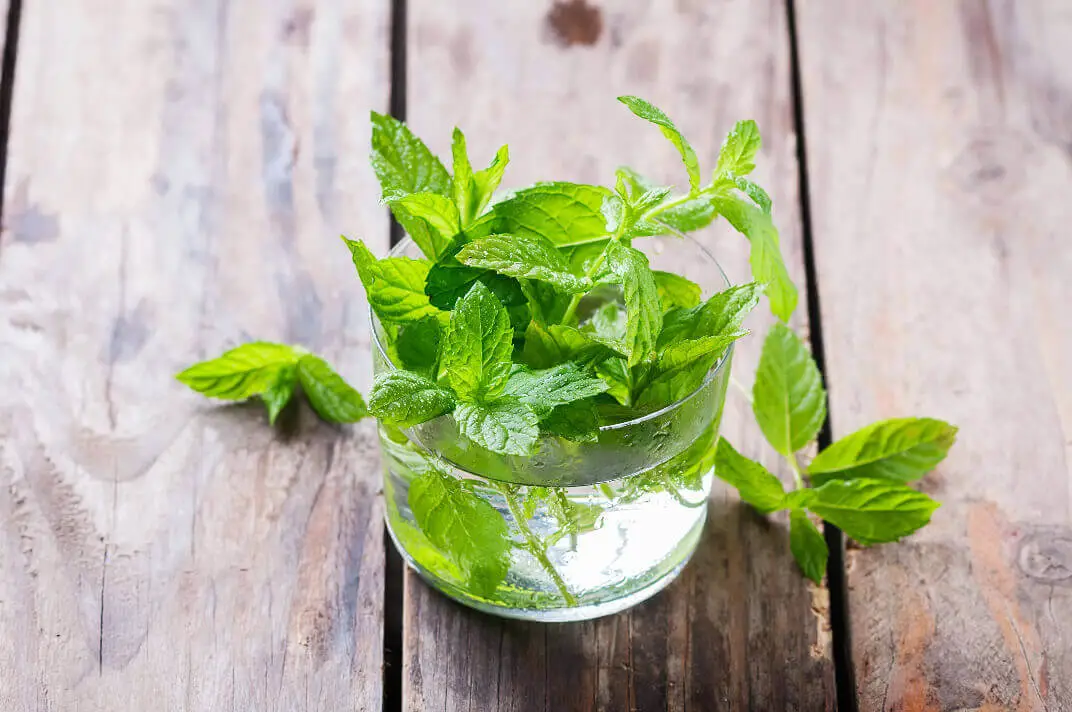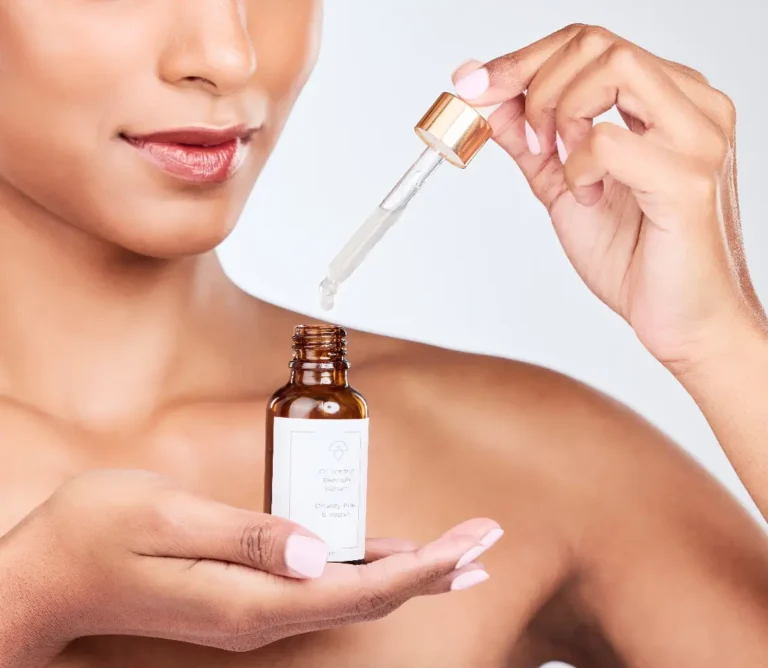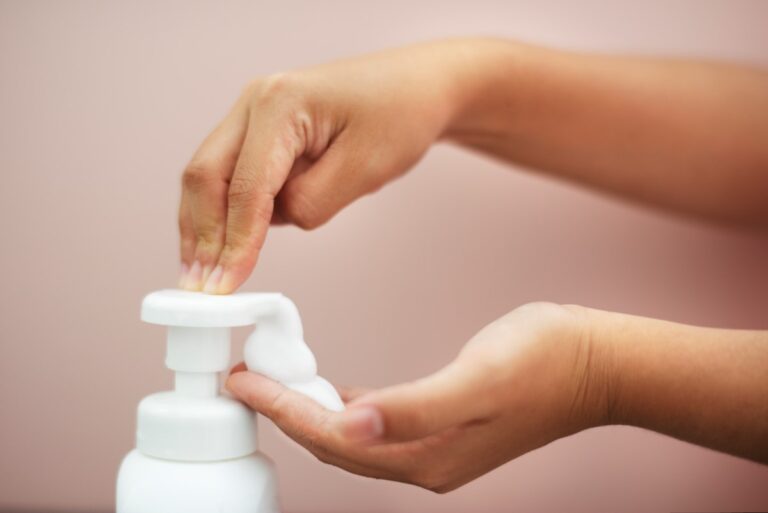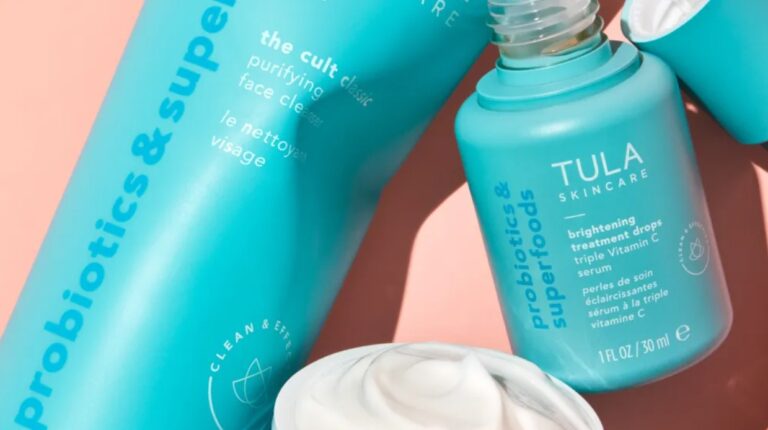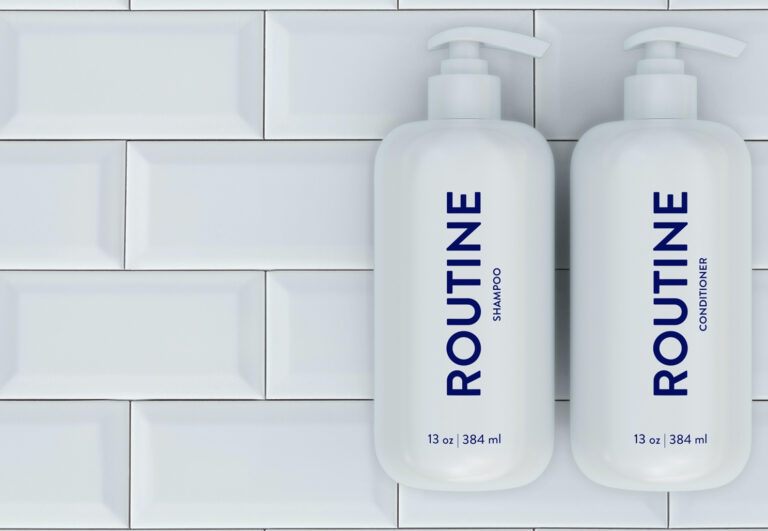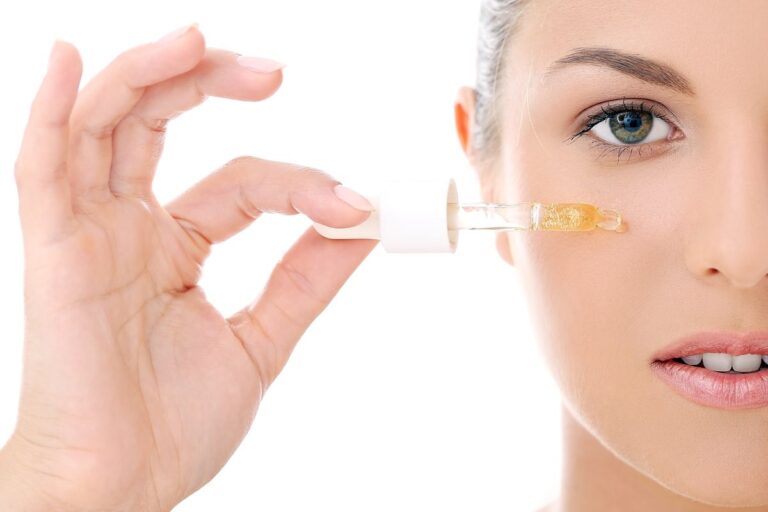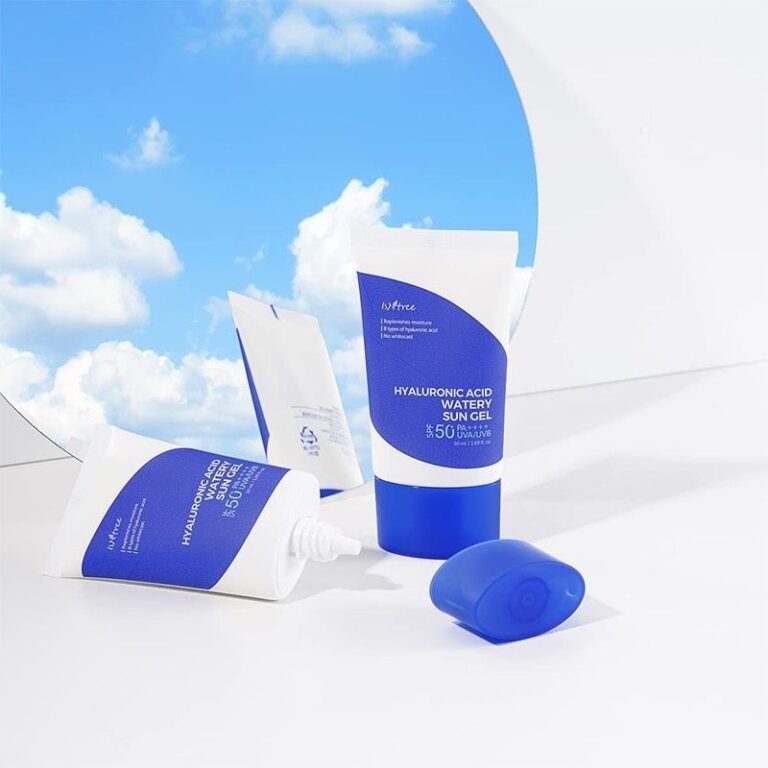Could Peppermint Tea be the Solution to Your Hormonal Acne?
Peppermint tea is a herbal concoction that offers many health benefits. Peppermint, in general, is known for its anti-inflammatory and antiseptic properties. Topically, it is commonly used as an oil, but peppermint tea is now becoming a popular option because of its lower concentration and milder effect on the skin.
Though there is limited research on peppermint tea and its direct effect on hormonal acne, results have proven that it reduces inflammation and kills acne-causing bacteria. In this article, you’ll learn more about hormonal acne and its causes, alongside the benefits of peppermint tea in helping with this skin condition.
Hormonal Acne Causes
Teens and adults well into their late 20s all suffer from bouts of hormonal acne. For some, it may even be more severe and painful. It is a very common skin condition that affects us all at one point. Fluctuations in your hormone levels primarily cause hormonal acne. The main hormone that is the root of hormonal acne is testosterone, an androgen. It is a common misconception that testosterone is only present in males.
Testosterone is also produced in females but in small amounts. An imbalance of this quantity is what causes acne to manifest. Androgens stimulate the sebaceous glands in your skin to produce more sebum, an oil-like substance which clogs your pores. Excessive sebum production mixed with dead skin and bacteria allows the acne to thrive and become more resilient.
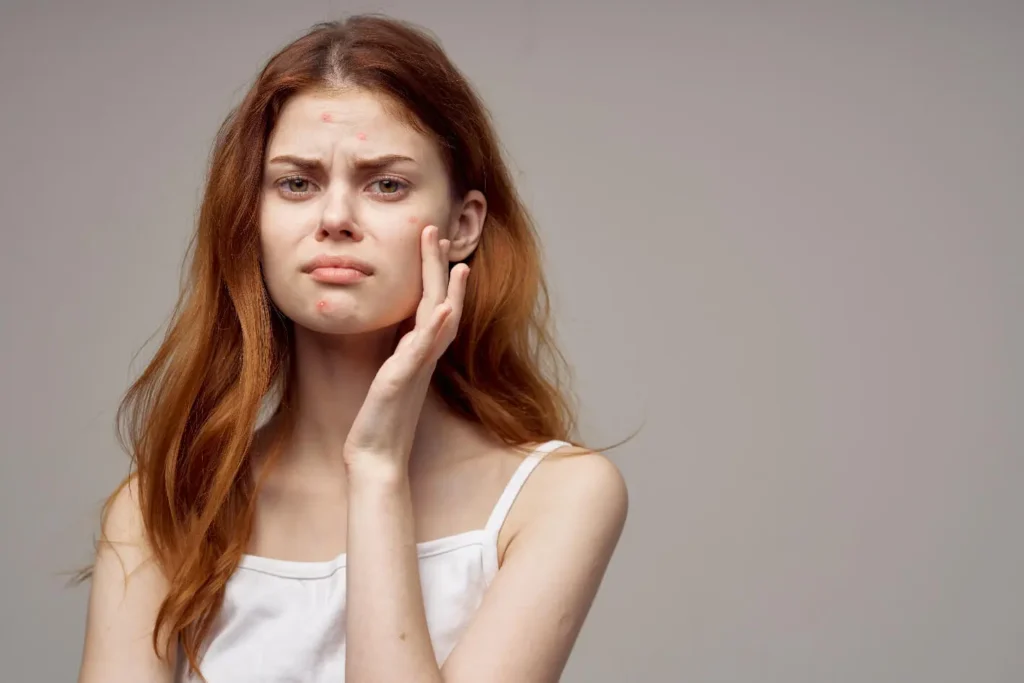
Why do I only break out once a month? This is a question you might have. The truth is that the hormone balance is easily disturbed. This is why teenagers are most likely to be victims of acne and other manifestations. You might experience acne bouts if you’re going through puberty, during menstruation, pregnancy, and even menopause. This is all because there is more hormone production during these times. However, your lifestyle, diet, and genetics all have a big role to play as well. For example, a high-carb and dairy diet is linked to increased acne risk1.
Peppermint benefits
Peppermint, also known as mentha piperita, is a herb that has several health benefits. It aids digestion and relieves symptoms of IBS, such as abdominal pain, bloating, and flatulence. It is widely used to help with migraines as well. During flu season, you can also use it to clear nasal and sinus congestion. It can even be treated as a weight loss remedy, as it has been shown to reduce appetite and satiety.
But how does peppermint benefit the skin? This wonderful herb has antibacterial, anti-inflammatory, antimicrobial, and antioxidant properties2. These benefit and aid the skin in many ways. For example, its anti-inflammatory properties can help soothe irritated skin in conditions like hives, allergic reactions, and acne. It has been proven to be effective in the treatment of pruritis3. The anti-inflammatory component also helps reduce the redness often associated with acne.

Studies have shown that peppermint has anti-androgenic effects4. Women suffering from PCOS often incorporate peppermint tea into their routine. For the same reason, it can also benefit people suffering from hormonal acne as it may regulate testosterone levels. Its antibacterial component kills acne-causing bacteria. When used directly on the skin, peppermint can help improve circulation, increasing cell turnover.
Peppermint tea ingredients
Peppermint tea is a form widely consumed by people across the globe because of its flavor and benefits. The ingredients in peppermint tea are what makes it so beneficial. Peppermint tea is packed with vitamins, minerals, and natural compounds. Ingredients in this tea are also commonly found in your top-shelf branded skincare products. Here are some of the main ingredients in peppermint tea and their benefits:
1. Menthol
Menthol is a compound found in peppermint that gives the herb its characteristic cooling effect. It has been found to exhibit anti-inflammatory properties. We already know that such an ingredient aids in reducing redness, irritation, and inflammation, all of which play a major role in developing and maintaining acne. By reducing these effects, menthol directly reduces the likelihood of acne breakouts.
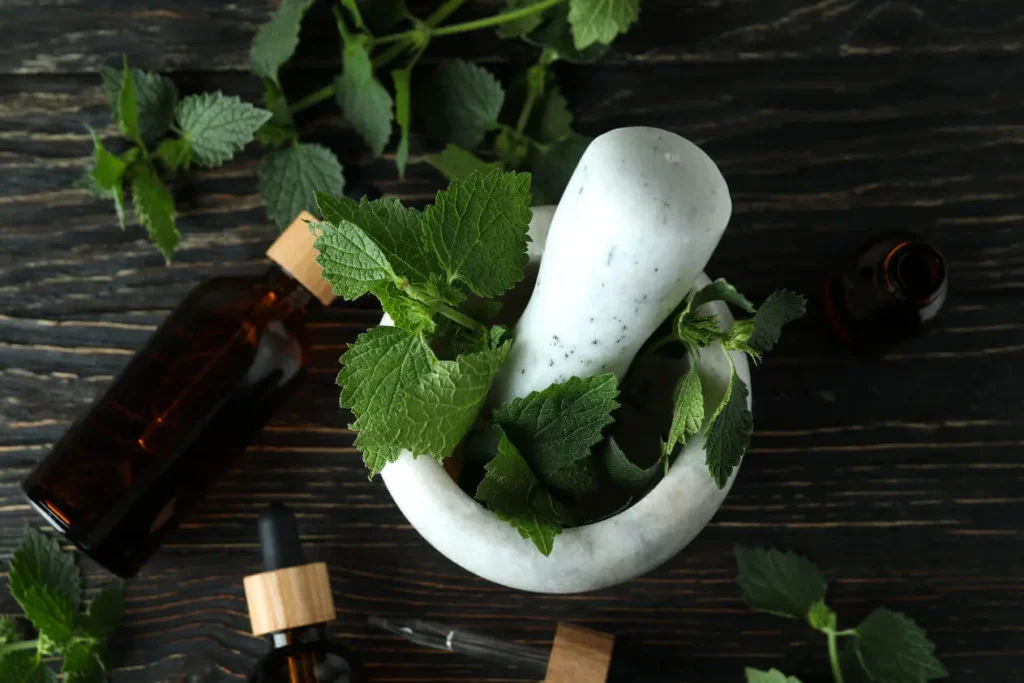
2. Rosmarinic acid
Rosmarinic acid is another compound that is found in peppermint tea. It is a polyphenol that has antioxidant and anti-inflammatory properties. Antioxidants protect the skin from UV rays damage and free radicles. Free radicle production in the skin damages the texture and complexion of your skin and destroys your skin barrier, contributing to the development and persistence of acne.
3. Vitamins and Minerals
Peppermint tea is packed with vitamins and minerals that are extremely beneficial to your skin and overall health. Some of these vitamins are vitamin C, vitamin A, and minerals like potassium. Vitamin C is an antioxidant that protects the skin from oxidative stress and sun damage. Vitamin A, the same vitamin which retinol is a derivative of, improved skin cell turnover. Potassium helps maintain the skin’s moisture barrier, which prevents dryness and irritation. A healthy skin barrier protects your skin from acne breakouts and bouts. Thus, incorporating ingredients will aid in keeping your skin healthy and spot-free!
4. Essential Oils
Peppermint tea contains small amounts of essential oils like menthol and menthone. They have antibacterial and antimicrobial properties; these oils are added to the tea to enhance its flavor and aroma but have other benefits, too! Propionibacterium acnes is a common acne-causing bacteria found on the skin of individuals who suffer from this condition. These essential oils kill this bacteria.
How to prepare Peppermint Tea:
Though most people have peppermint tea as a post-meal drink to help digestion, when it comes to using it as a skincare product, it can also be used topically for direct effects. How? You brew a strong cup of peppermint tea, stronger than your liking, and then allow it to cool. Once cooled, apply it to your face with a cotton pad or call. This method will substitute your need for a toner. However, you can also use it as a facial rinse.

Peppermint and peppermint tea are considered safe for most people. It has fewer to no side effects in the general population. However, it may cause a different reaction if your skin is more sensitive or is allergic to some of the ingredients present in the tea. Side effects include heartburn, hives, drug interactions, and allergic reactions. It is advised to consult your healthcare professional if you are pregnant or lactating.
References:
1- Christian R. Juhl, Helle K. M. Berholdt, Iben M. Miller. (2018) Dairy Intake and Acne Vulgaris: A Systematic Review and Meta-Analysis of 78,529 Children, Adolescents, and Young Adults
https://www.ncbi.nlm.nih.gov/pmc/articles/PMC6115795/
2- Diane L McKay. Jeffrey B Blumberg. (2006). A review of the bioactivity and potential health benefits of peppermint tea (Mentha piperita L.)
https://pubmed.ncbi.nlm.nih.gov/16767798/
3- Lotddy T Elsaie, Abdelraouf M El Mohsen. Ibrahim M Ibrahim. (2016). Effectiveness of topical peppermint oil on symptomatic treatment of chronic pruritus.
https://www.ncbi.nlm.nih.gov/pmc/articles/PMC5066694/
4- Amoura, M. Abou-El-Naga , Lotfy, Z. Habbak, Neveen, E. R. El Bakary , Khloud, A. El-Sharawy (2015); Potential effects of Mentha piperita (peppermint) on Letrozole- induced polycystic ovarian syndrome in female albino rat Int. J. of Adv. Res. 3 (Oct). 211-226] (ISSN 2320-5407). www.journalijar.com
